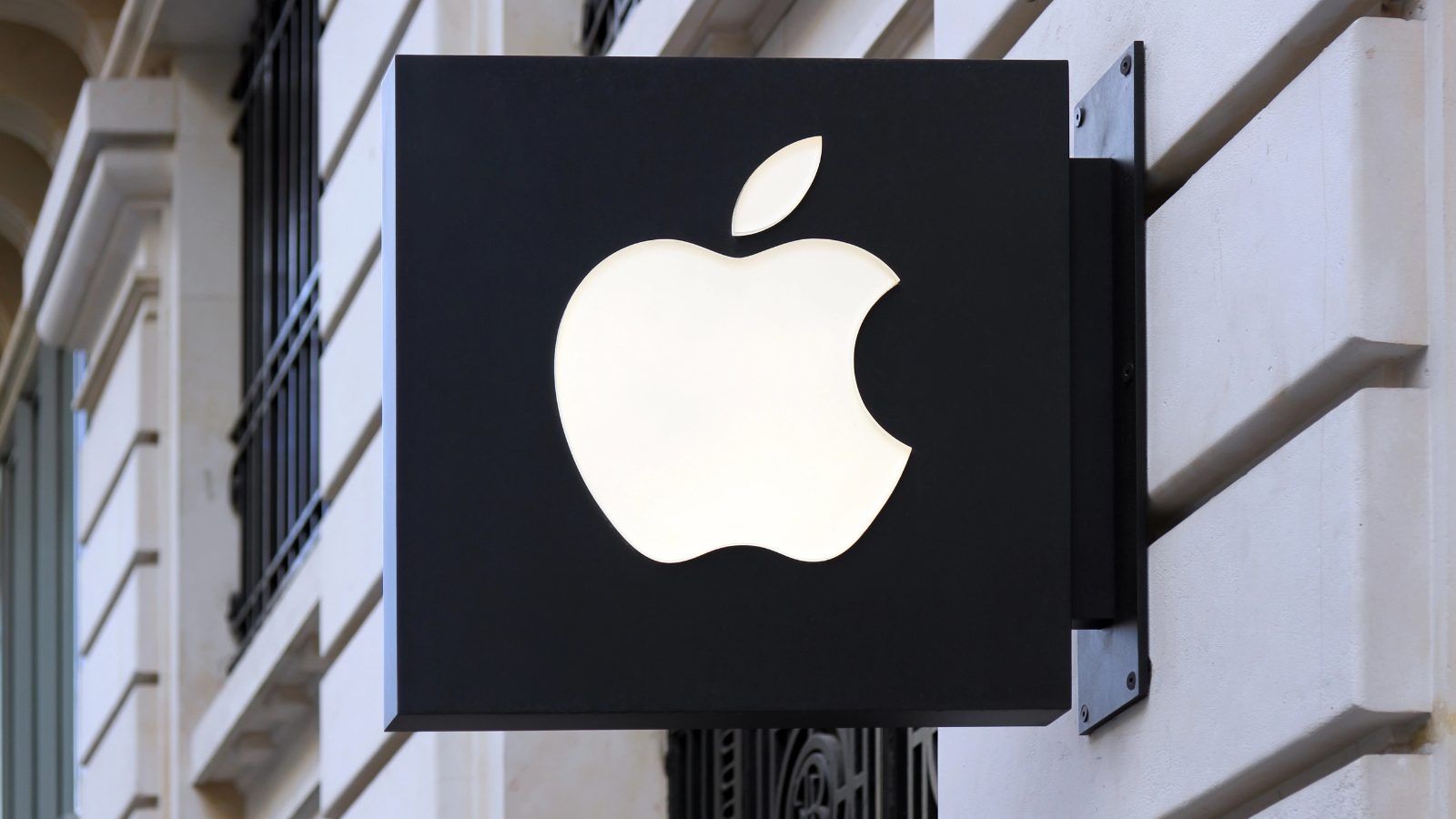Apple has reportedly discontinued its augmented reality (AR) glasses project, internally known as N107, due to technical challenges. This move represents a notable shift in the company’s AR strategy and raises uncertainties about the future of consumer-grade AR eyewear.
The ambitious project aimed to revolutionize how users interact with digital content through discreet, normal-looking everyday glasses is said to have encountered significant cost and technical constraints which ultimately made the project unfeasible.
The glasses were designed to project information and media directly into users’ field of vision while maintaining a conventional eyewear appearance.
Industry analyst Mark Gurman from Bloomberg reports that the primary obstacles centred around cost effectiveness, power consumption and performance capabilities. The sophisticated projection technology required substantial processing power, creating a significant drain on battery resources that current mobile chipsets couldn’t efficiently manage.
Apple’s vision for the AR glasses included seamless integration with existing iOS devices, particularly iPhones and Macs but the glasses proved to be a battery drain, and the iPhone couldn’t supply enough power, leading to a transition to Mac connectivity, which seems to be unsuccessful in testing.
The glasses would have been designed with advanced features such as adaptive tinting technology that would adjust based on user activity, enhancing the overall AR experience while maintaining practical functionality.
The cancellation represents a notable departure from Apple’s previous AR ambitions. The company had invested considerable resources into developing custom microLED displays and other underlying technologies crucial for AR implementation. Despite this setback, these technological developments may find applications in future products or alternative AR initiatives.
This development has created a significant shift in the AR market landscape. Meta, formerly Facebook, now stands to maintain its dominant position in the consumer AR sector. However, the field is becoming increasingly competitive, with Samsung preparing to launch its Android-powered XR headset, potentially reshaping market dynamics in the coming months.
The challenges encountered in developing consumer-ready AR glasses highlight the complexity of creating practical, everyday wearable AR technology. This setback shows the significant gap between theoretical capabilities and real-world implementation of advanced AR systems.
While the cancellation may disappoint technology enthusiasts, it reflects Apple’s commitment to releasing only products that meet its stringent performance standards. The company continues to explore other AR applications and technologies, suggesting this may be a strategic pivot rather than an abandonment of AR technology altogether.
Looking ahead, the AR industry remains dynamic, with multiple companies pursuing various approaches to wearable AR technology. While Apple’s exit from this specific project may temporarily impact market momentum, ongoing innovation from other technology leaders ensures continued development in the field.
This development serves as a reminder of the technical challenges facing the AR industry, even as consumer interest in immersive technologies continues to grow. As the market evolves, companies must balance technological ambition with practical limitations to create viable consumer products.
News Source: https://www.theverge.com/news/604378/apple-n107-ar-glasses-canceled

